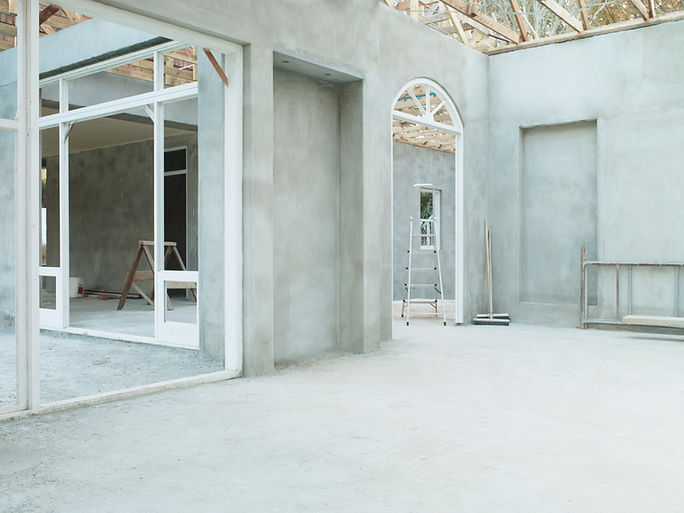
Bad Debt & Adverse Credit
Can You Get a Mortgage with Bad Credit?
Yes, and Drummonds Finance Group is here to help.
Mortgages can be a bit of a maze, especially if your credit history isn’t perfect. Many people assume that a bad credit rating means they have no chance of getting approved, especially if a high street bank has already declined them. But the reality is quite different.
With the right advice and access to specialist lenders, it is absolutely possible to get a mortgage with bad credit.

What Is a Bad Credit Mortgage?
A bad credit mortgage—also known as an adverse credit mortgage or subprime mortgage—is a home loan designed for applicants with a less-than-perfect credit history. These products are typically offered by specialist lenders who take a more flexible approach to assessing risk.
Rather than simply relying on your credit score, these lenders look at your full financial profile, including:
-
The reason for your credit issues
-
How long ago did they occur
-
Your current income and outgoings
-
The size of your deposit
-
Your overall affordability
The goal is to assess you as a whole person, not just a number on a credit report.

Types of Credit Issues Lenders May Consider
At Drummonds Finance Group, we work with lenders who consider a wide range of credit situations, including:
Missed or late payments on loans, credit cards, or utility bills
County Court Judgments (CCJs) – both satisfied and unsatisfied
Defaults or arrears
Debt Management Plans (DMPs)
Individual Voluntary Arrangements (IVAs)
Previous bankruptcies
Low or no credit history
Each lender has different criteria. Some may accept applicants with recent issues, while others prefer a track record of improved financial behaviour over the past 6–12 months.
How Much Can You Borrow with Bad Credit?
The amount you can borrow will depend on several factors:
-
Your income (and your partner’s, if applying jointly)
-
Your monthly financial commitments (e.g., credit repayments, childcare)
-
Your credit history and the severity of any adverse credit
-
Your deposit size—typically, the bigger your deposit, the better your chances
Generally, you may need a minimum deposit of 15–25% for a bad credit mortgage, but this can vary depending on your specific circumstances.


What About Interest Rates?
Interest rates for bad credit mortgages are usually higher than standard mortgage products. This is because lenders are taking on greater risk. However, this doesn’t mean you’re stuck with that rate forever.
��
In many cases, borrowers with bad credit start with a higher rate but remortgage to a better deal after a few years, once their credit history has improved and they’ve built up more equity in the property.
Why Choose Drummonds Finance Group?
We understand how stressful and emotional it can be to apply for a mortgage with bad credit. That’s why we take a calm, clear, and client-focused approach.
✅ Access to 100+ lenders, including many not found on the high street
✅ Specialist experience in complex and adverse credit cases
✅ Honest, straightforward advice—no jargon, no pressure
✅ Support with credit report reviews and application preparation
✅ A dedicated adviser to guide you from start to finish
Let’s Talk – No Obligation, Just Friendly Advice
Your bank might have said no, but that doesn't mean the journey is over. With the right broker on your side, your dream of owning a home is still within reach.
Get in touch with Drummonds Finance Group today for a free, no-obligation chat. We’ll listen to your story, assess your situation, and explore the lenders who may be willing to say yes when others won’t.
